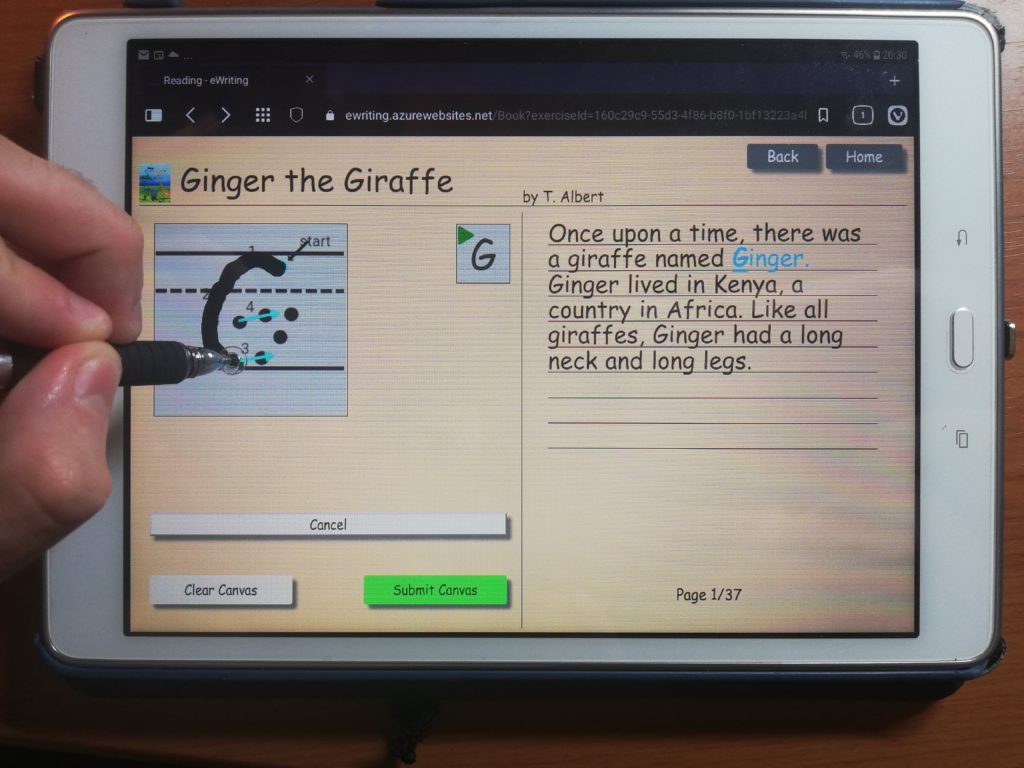Education is one of the pillars of any society – not least in Malta – since it brings progress and growth [1]. Over recent years, the Maltese education authorities have been implementing an emergent curriculum in the classrooms across the country. Emergent curriculum is a way of planning curriculum that is based on the children’s interest and passion at a certain point in time [2]. To achieve this, it would be necessary for the educator to listen to and observe the child, to be able to plan around the child’s interest, ‘scaffold’ building upon existing knowledge. Apart from this, the educator would also be expected to document the child’s progress and communicate the child’s progress with the parents to give them the opportunity of being involved in their child’s education. While this process is intended towards improving the educational system, it is nevertheless time- consuming and demanding. Therefore, it might prove to be challenging to the educators to achieve the desired outcome with little or no assistance.
Taking the above into account, this project creates a platform with the aim of facilitating the educators’ day- to-day tasks in the classroom. This is done by applying gamification to motivate the children to learn the letters of the alphabet in an engaging way that would be in tune with their interests, while simultaneously documenting and reporting the children’s achievements to parents and the educators automatically. In this way, educators would have more time to observe, guide and assist the children during their learning process. Furthermore, the proposed platform would give parents and educators a clear view of the child’s progress, making it easier for them to plan subsequent exercises to continue building on the child’s knowledge.
Building upon the aid of professional educators, the application was developed using ASP.NET Core MVC, and was subsequently tested by occupational therapists and parents who assist children with learning disabilities. The methodology used was iterative, so that the website could be developed and improved through the feedback obtained, and decisions agreed on previously. The participating parents felt that this platform motivated them to be more involved in their child’s education since the platform is easy to use and easily accessible through electronic devices.

The occupational therapists (OTs) taking part in the project confirmed that this platform not only facilitated their work, but also allowed them more time to observe and guide children under their care. By recording and visually displaying the children’s progress, it enabled them to obtain a good overview of what they know and the progress they are making, thus facilitating their forward- thinking process. The OTs also found that, by providing the appropriate context for the writing of letters of the alphabet ‒ and because the children preferred using technological devices to pen and paper ‒ the platform helped them to teach their pupils in a more engaging way. Furthermore, the OTs expressed the view that the platform enables a good handover, where detailed information about the child is efficiently passed on to other staff members from one year to the next. This better serves the child’s interests.
References/Bibliography:
[1] O. Bonnici, “Education: a pillar of our new economic vision,” 14 August 2020. [Online]. Available: https://www.independent.com. mt/articles/2020-08-14/blogs-opinions/Education-a- pillar-of-our-new-economic-vision-6736226107.
[2] E.K Ludman, “The Emergent Curriculum,” Journal of Nutrition for the elderly, 1983.
Student: Juan Mizzi
Course: B.Sc. IT (Hons.) Software Development
Supervisor: Dr. Peter Albert Xuereb
